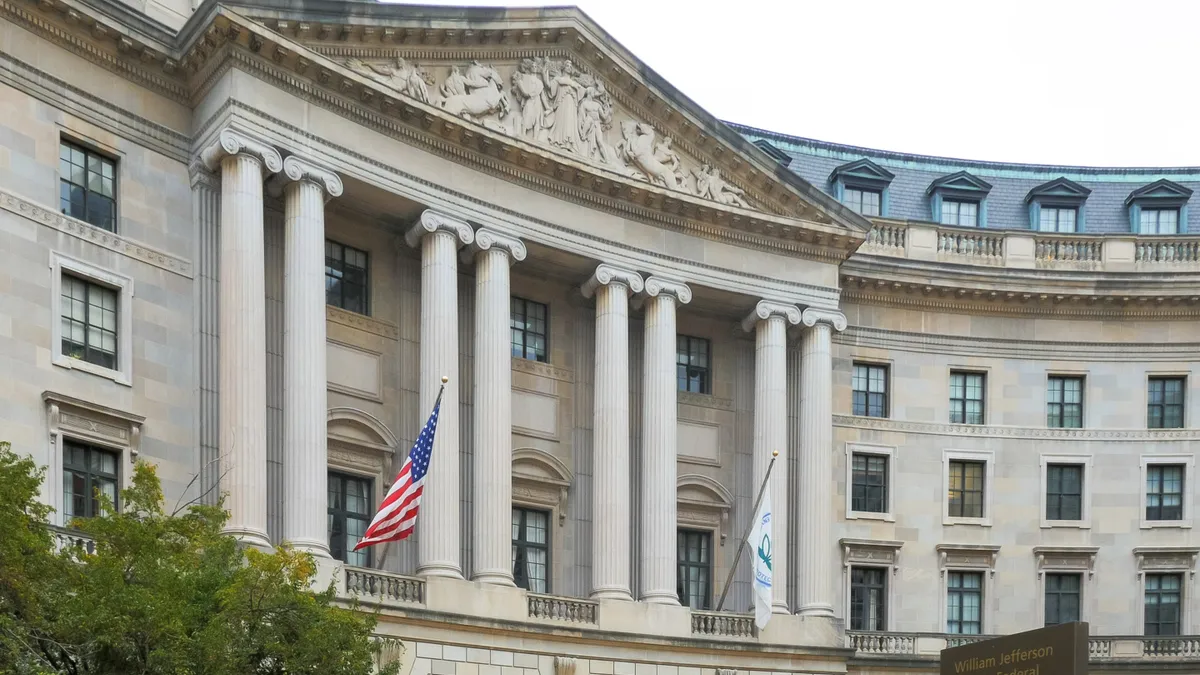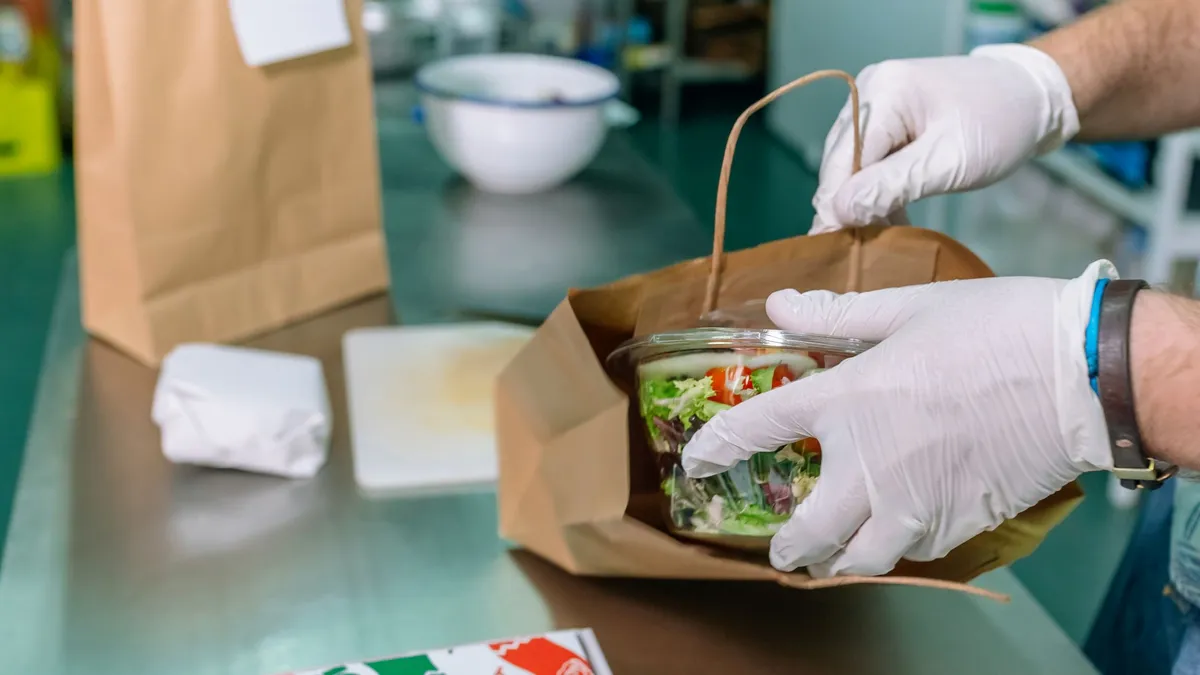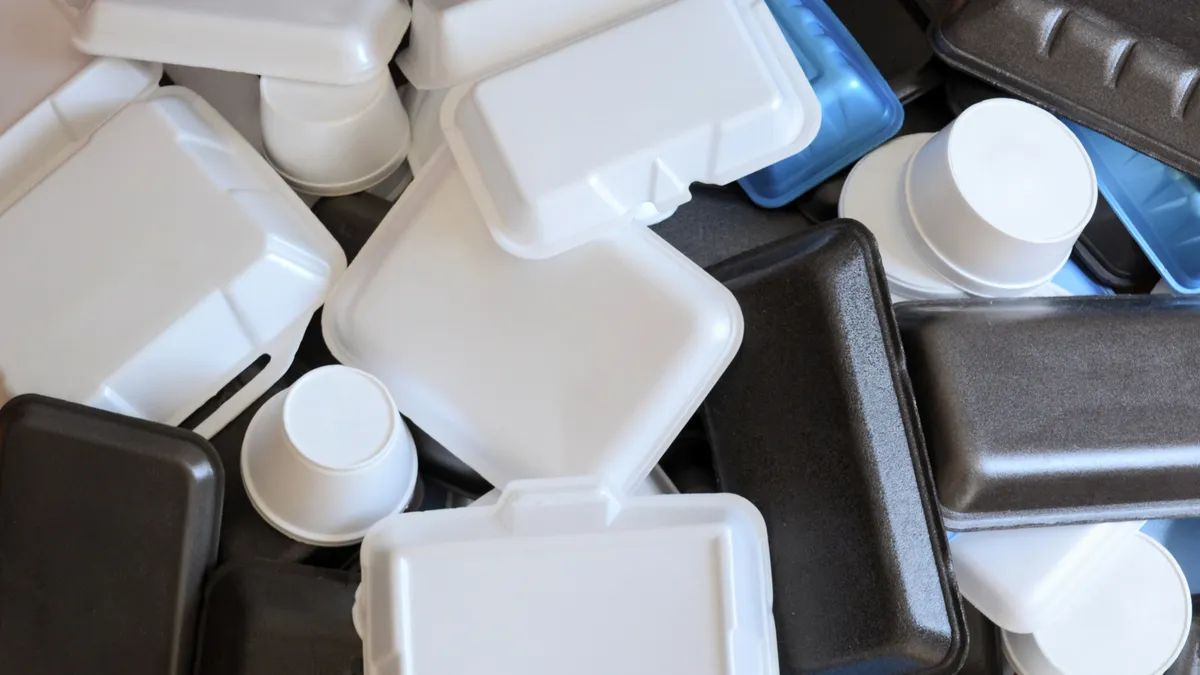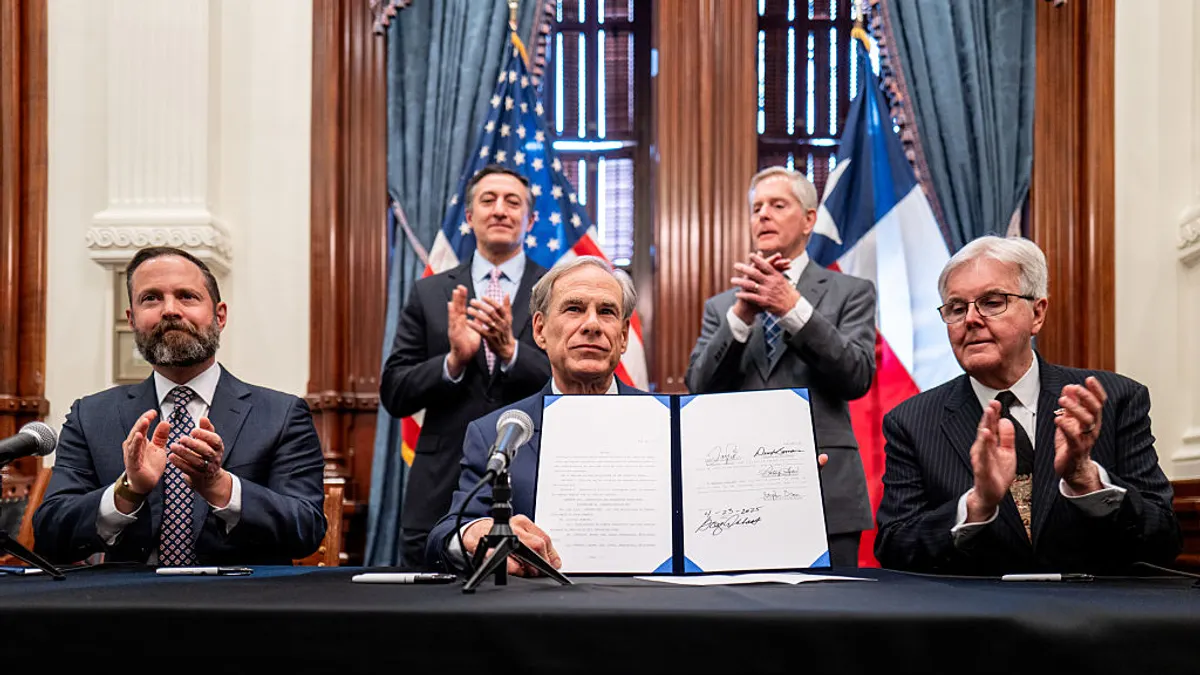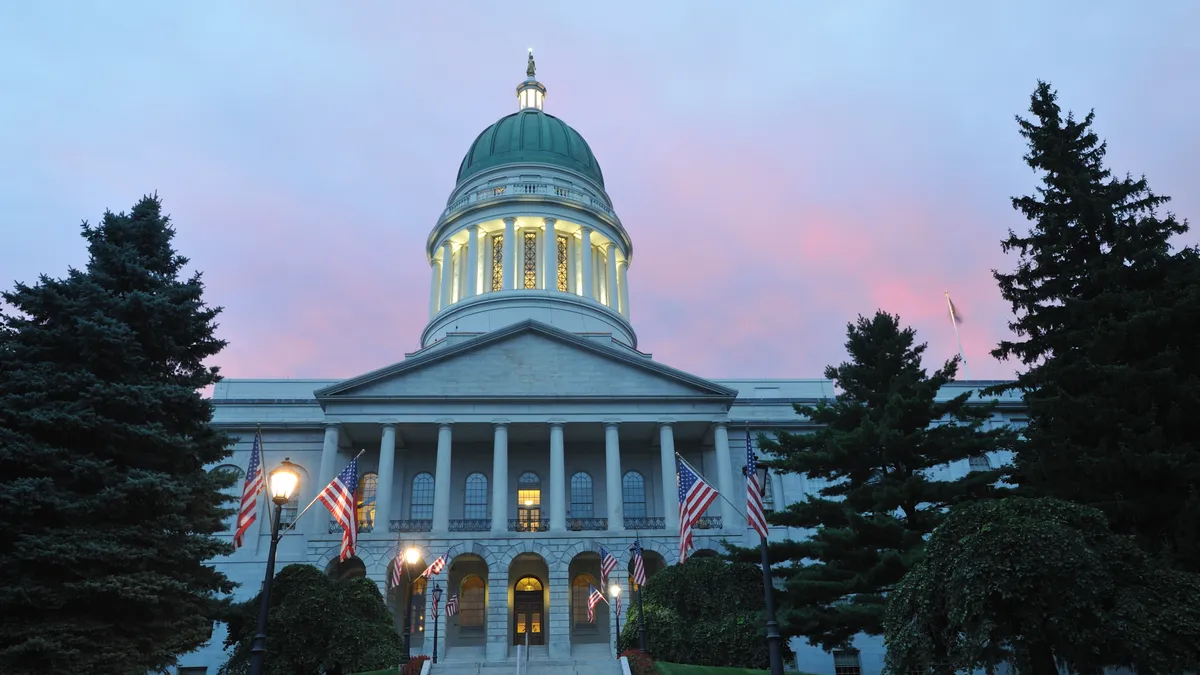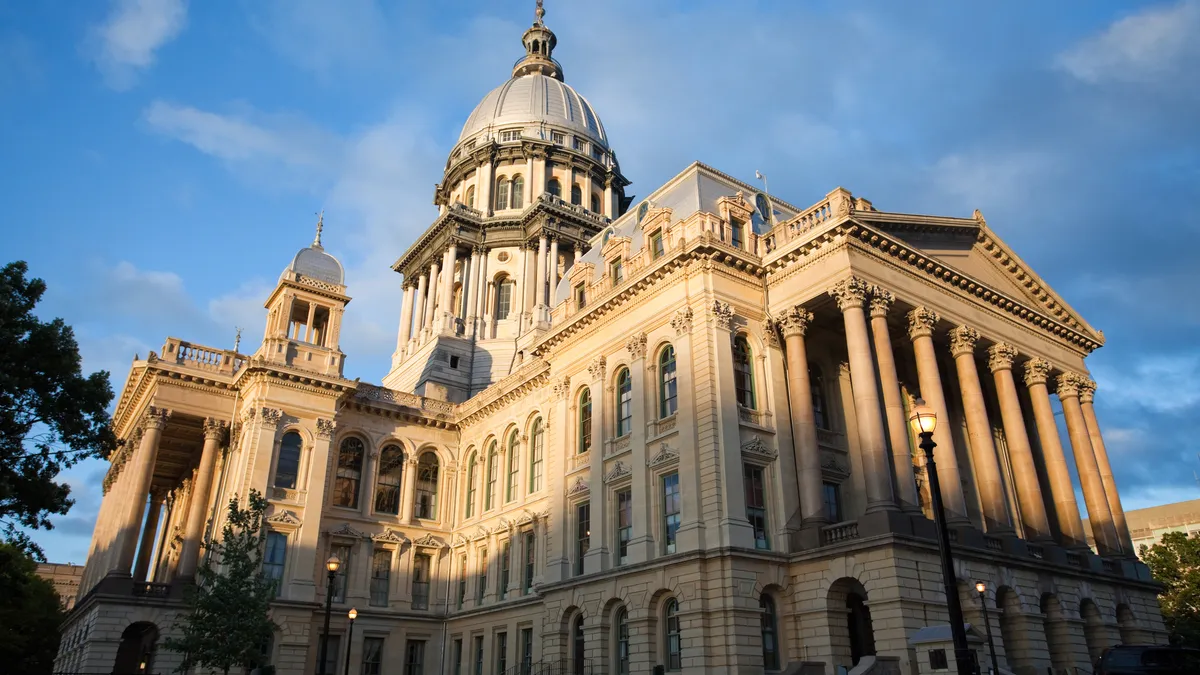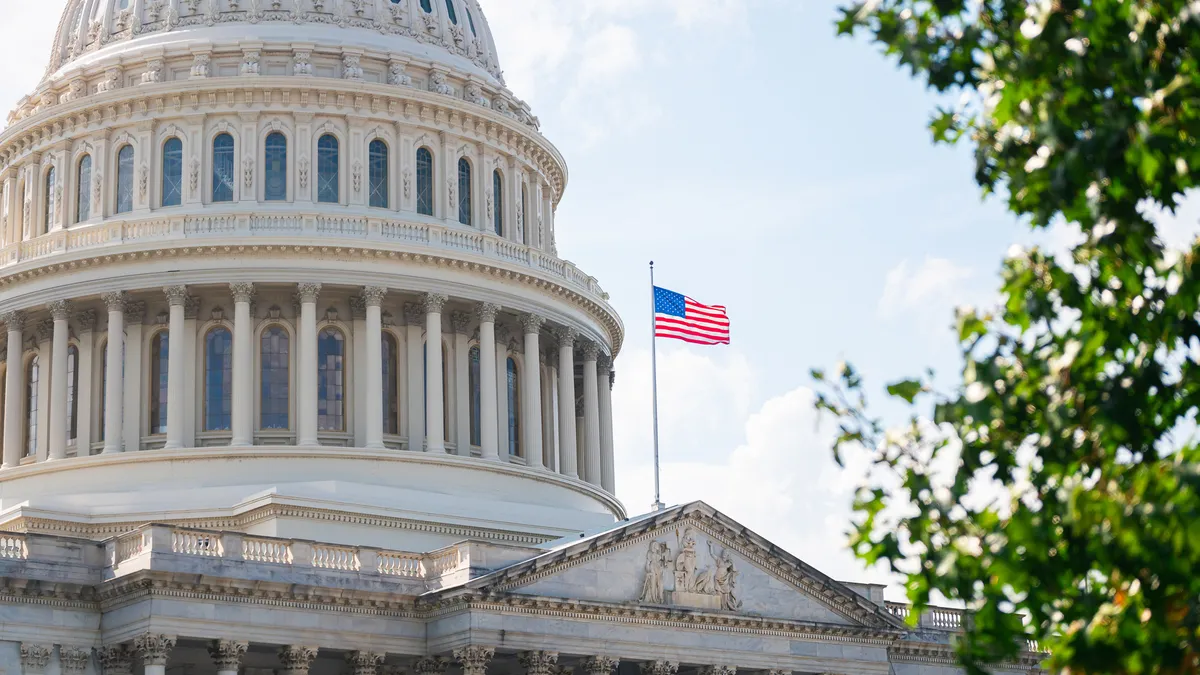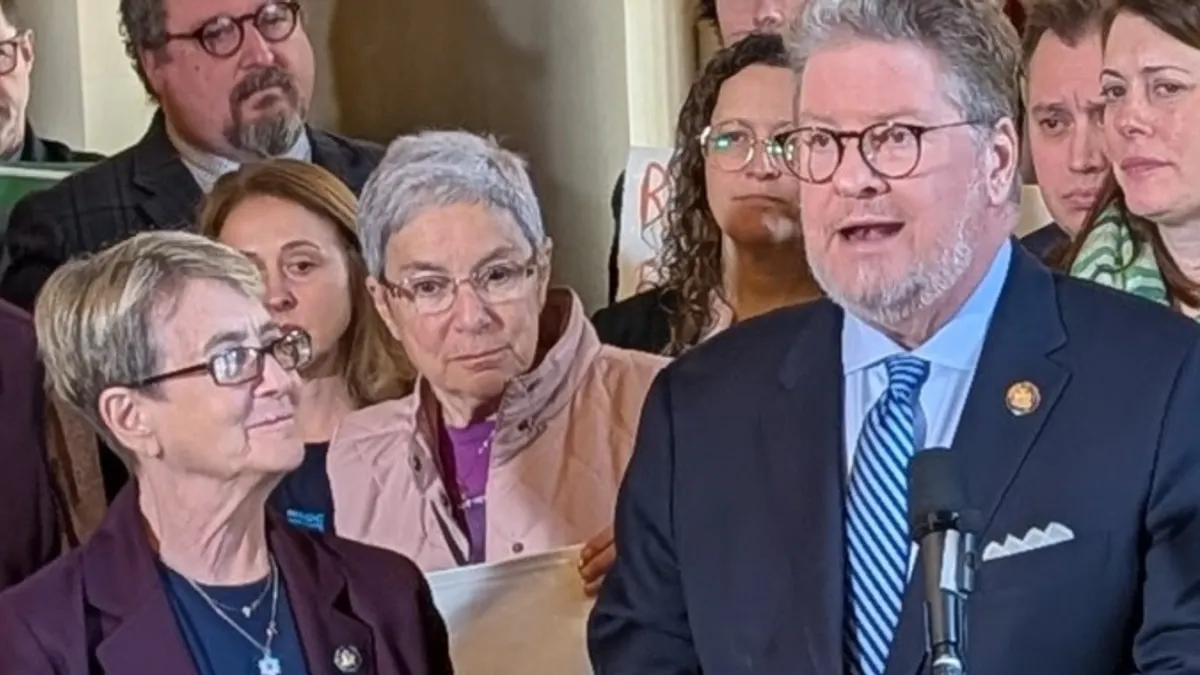In the waning months of President Joe Biden’s administration, there are still several pending regulatory, policy and strategy actions with potential implications for packaging on the docket. Some of these updates have been a long time coming, including next steps for the Green Guides and the National Strategy to Prevent Plastic Pollution, both of which had public comment periods that closed more than a year ago.
The spring 2024 unified agenda is the federal road map for upcoming agency rulemaking and guidance development. The fall 2024 unified agenda has not yet been published.
These are some of the updates that industry is still waiting for clarity on in 2024:
EPA
The U.S. Environmental Protection Agency plans to release the finalized National Strategy to Prevent Plastic Pollution “later this year,” an agency spokesperson recently told Packaging Dive.
The draft was released in April 2023 and called for reducing pollution in the plastic production process and at the end of life for products like packaging. At the time, EPA expected to finalize the document by year’s end. The agency said it is still revising the strategy based on nearly 92,000 comments received during last year’s public comment period, including from packaging groups and brands.
Also related to packaging, EPA is expected to take steps to revise the existing Organic Chemicals, Plastics, and Synthetic Fibers Effluent Limitations Guidelines and Standards, according to the unified agenda. Specifically, EPA will address PFAS, or per- and polyfluoroalkyl substances, discharged from facilities manufacturing these “forever chemicals.” This is in the proposed rulemaking stage.
EPA is also developing “significant new use” rules related to phthalates, a class of chemicals used to make plastics more flexible. The agency is focusing on “conditions of use identified as not currently ongoing in the final scope documents for the High Priority Substances undergoing [the Toxic Substances Control Act] section 6 risk evaluations.”
USDA
The U.S. Department of Agriculture is expected to issue updates soon related to its BioPreferred Program, which aims to increase the purchase and use of biobased products. It includes mandatory federal purchasing requirements as well as a voluntary labeling initiative for biobased products.
The program was created by the 2002 farm bill and reauthorized and expanded in the 2018 farm bill. With the rule, USDA intends to add provisions for the Biobased Markets Program, codifying program guidance into the regulations. A public comment period was open from January to March of this year. The update also addresses how the USDA Certified Biobased Product Label may be used on packaging.
According to a USDA spokesperson, the agency has completed the updated regulation, which will be published as part of its fall 2024 regulatory agenda and take effect 30 days later.
Separately, the definition of “compost” is still under consideration following a petition last year from the Biodegradable Products Institute. BPI wanted to modernize the definition so that it accounts for composting not just as a primarily on-farm activity, but also as a commercial-scale activity that brings in food scraps and food-soiled packaging.
USDA said it referred the petition on Oct. 11, 2023, to the National Organic Standards Board for consultation. The NOSB Crops Subcommittee published a discussion document, which included requests for information, as part of its spring 2024 meeting agenda. It then gathered public comments, USDA noted. NOSB’s spring meeting featured technical presentations and discussions on compost regulations. The issue will again be discussed at NOSB’s fall meeting in Portland, Oregon, from Oct. 22-24, USDA said.
FDA, FTC and State Department
The U.S. Food and Drug Administration is pursuing front-of-package nutrition labeling, according to the unified agenda, which could mean design changes for packaged foods. Regulators say that the reason for this would be “to help consumers, including those who are busy and those with lower nutrition knowledge, make more informed dietary choices.” Additionally, the proposed rule “is being developed as part of a broader, whole-of-government approach to help reduce the burden of chronic disease and advance health equity by helping to improve dietary patterns in the United States.” FDA launched research to inform effective design in 2023.
The U.S. Federal Trade Commission has offered no public updates on its review of the Green Guides, which are guidelines for environmental marketing intended to guide companies’ acceptable use of labels like “recyclable” or “compostable” on product packaging.
Clarity on the FTC’s position could be especially important as companies seek to comply with different states’ labeling laws and emerging state extended producer responsibility laws create more rules. The FTC was considering updating the guides for the first time since 2012. An agency spokesperson told Packaging Dive this summer that the agency was still working to develop the draft updated Green Guides, analyzing numerous comments and public hearing feedback from over a year ago.
In addition to developing plastic pollution strategy domestically, the U.S. is engaged in plastic pollution policy abroad. A fifth meeting scheduled to negotiate an international agreement to limit plastic pollution by the end of 2024 is slated for Nov. 25 to Dec. 1 in Busan, Korea.
The Biden administration previously faced criticism from environmental groups for focusing on strategies around end-of-life management like recycling versus capping plastic production. But it recently evolved its position to support targets for decreasing overall plastic production and potentially negotiating a list of chemicals and problematic or avoidable plastics to phase out, a U.S. State Department spokesperson confirmed.
Congress
Aside from federal regulation, two notable bipartisan bills in Congress with implications for how packaging is handled at end of life remain stalled in the House.
The Recycling Infrastructure and Accessibility Act and the Recycling and Composting Accountability Act were passed by the Senate in March; they were previously introduced in 2022 and passed the Senate but not the House. They would establish a recycling infrastructure pilot to increase access and collect more data on recycling and composting, respectively. The bills have been supported this year by packaging trade groups including Ameripen, the American Forest & Paper Association, the Plastics Industry Association and the Can Manufacturers Institute.



